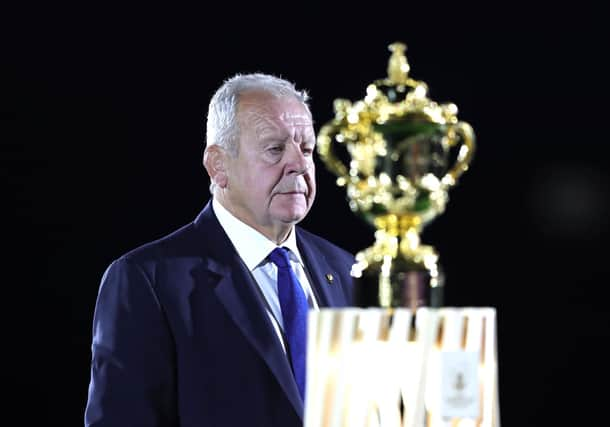Rugby players given permission to switch national teams - but only if they ‘stand down’ for three years


The player may change unions only once and must also stand down from international rugby for 36 months before switching.
He or she must either be born in the country to which they wish to transfer or have a parent or grandparent born there.
Advertisement
Hide AdAdvertisement
Hide AdWorld Rugby says the changes are about “fairness and integrity” and will help “the global competitiveness” of the sport. They will apply from 1 January 2022.
National identity in rugby has long been a thorny issue. The Pacific Island nations have suffered more than most, losing talented players to New Zealand and Australia in particular.
Now those players will have the opportunity to revert back to the country of their birthright - provided they have not played Test rugby for three years.
World Rugby chairman Sir Bill Beaumont said: “We have listened to our membership and players and sought to update the regulation recognising the modern professional rugby environment without compromising the integrity of the international game.”
Scotland have been one of the main beneficiaries of rugby’s residency rule which allows players to represent the country in which they live after three years, regardless of any link.
The time period has since been extended to five years but a number of the current Scotland squad qualified under the three-year rule including Duhan van der Merwe, Sam Johnson, Oli Kebble and, most recently, Pierre Schoeman.
Under the new amendment, they could now revert but only after “standing down” for 36 months.
Get a year of unlimited access to all The Scotsman's sport coverage without the need for a full subscription. Expert analysis of the biggest games, exclusive interviews, live blogs, transfer news and 70 per cent fewer ads on Scotsman.com - all for less than £1 a week Subscribe to us today
Comments
Want to join the conversation? Please or to comment on this article.
